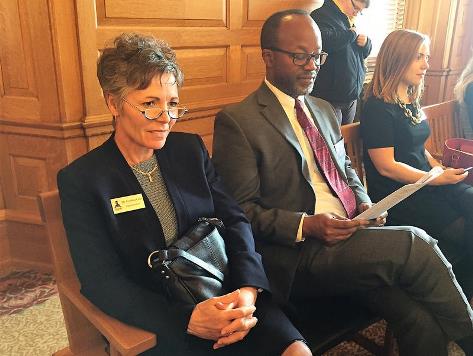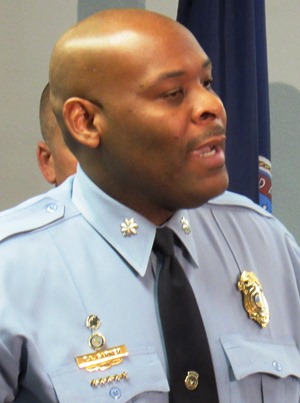Professional fastpitch softball is returning to Kansas City, Kansas, in 2017 with a three-game series in July.
The Kansas City T-Bones will serve as the host stadium to the series in CommunityAmerica Ballpark in Kansas City, Kansas.
The USSSA Pride and the Texas Charge will play the series at 7:05 p.m. July 10, 11 and 12.
“This is a fun event to bring to Kansas City and showcase at CommunityAmerica Ballpark,” said T-Bones vice president and general manager Chris Browne. “We’re glad to partner with USSSA and National Pro Fastpitch for the third year in a row. We’re thrilled to showcase women’s pro softball at our park.”
The USSSA Pride, out of Florida, has played each of the last three seasons at CommunityAmerica Ballpark.
The Pride features NCAA softball career home run record holder Lauren Chamberlain plus the 2016 USA Softball National Collegiate Player of the Year, Sierra Romero, who was the first player in NCAA softball history to record 300 runs, 300 hits and 300 RBIs in her career.
The Texas Charge, a team from the Austin area, features Lauren Heager, who was the 2015 USA Softball National Collegiate Player of the Year. She was the first player in NCAA history to hit at least 60 career home runs and notch at least 60 career wins.
The NPF games at CommunityAmerica Ballpark will coincide with the World Fastpitch Championship, which is scheduled to feature 64 of the top 12U/14U/16U/18U amateur fastpitch teams from more than 25 states. Those games will be played throughout greater Kansas City during July 11-16.
“We are very excited to return to the Kansas City metro area and play in front of the electric crowds at CommunityAmerica Ballpark,” said Jami Lobpries, the vice president of USSSA Fastpitch. “It’s been a great experience the past two years working with the T-Bones to create a dynamic week of fastpitch action. This NPF series during our World Fastpitch Championship is a great opportunity for us to combine the best players in the professional game with the top amateur fastpitch players, all in one location.”
Tickets for this summer’s NPF games will go on sale to the public on Monday, March 20, at the Providence Medical Center Box Office at CommunityAmerica Ballpark or by calling 913-328-5618.
Story from Matt Fulks, T-Bones senior director of media relations



